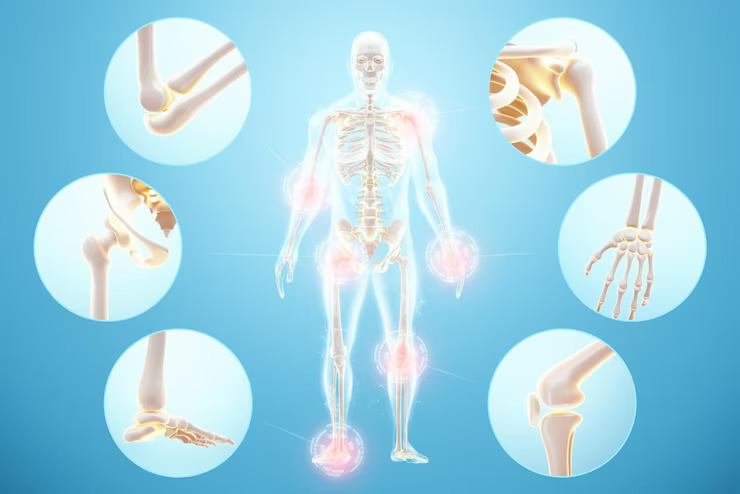
Acromio Clavicular Arthritis
Adhesive capsulitis, often known as frozen shoulder, is a painful ailment that causes stiffness
and restricted movement in the shoulder joint. It results from the shoulder capsule's tightness
and thickness, which limits movement. It often develops over time and can be brought on by
trauma, surgery, or underlying medical issues. Physical therapy, anti-inflammatory drugs, and
in more severe situations, corticosteroid injections or surgical intervention may all be used as
treatments, albeit they frequently go better with time. Our specialist treatment focuses on
reducing discomfort, enhancing range of motion, and regaining shoulder function to make
rehabilitation easier and more comfortable. Count on our knowledge for thorough
management of frozen shoulder.
Conditions Treated
- Nonsurgical Treatment May Suffice
- Ddiagnostic Local Anesthetic Injection
- Incidental Finding in Shoulder X-Ray or MRI
Emergency?
24 Hour Ready
Call Us for Emergency
+91-9828501360
Book an Appointment
Seamless Fitness Care Access: Booking an Appointment with Your
Trusted Doctor
Acromio Clavicular Arthritis FAQ's
Acromio Clavicular (ACA) joint Arthritis is a condition characterized by the wearing down of the cartilage in the AC joint, leading to pain, inflammation, and decreased shoulder mobility.
Treatment for AC joint arthritis can include both non-surgical and surgical options. Non-surgical treatments may include rest, activity modification, physical therapy, anti-inflammatory medications, corticosteroid injections, and the use of a shoulder brace. In more severe cases or when conservative measures fail, surgical interventions such as arthroscopy, joint resurfacing, or joint fusion may be considered.
The recovery process after AC joint surgery varies depending on the specific procedure performed. In general, it involves a period of immobilization, followed by physical therapy to regain shoulder strength and range of motion. Full recovery can take several months.